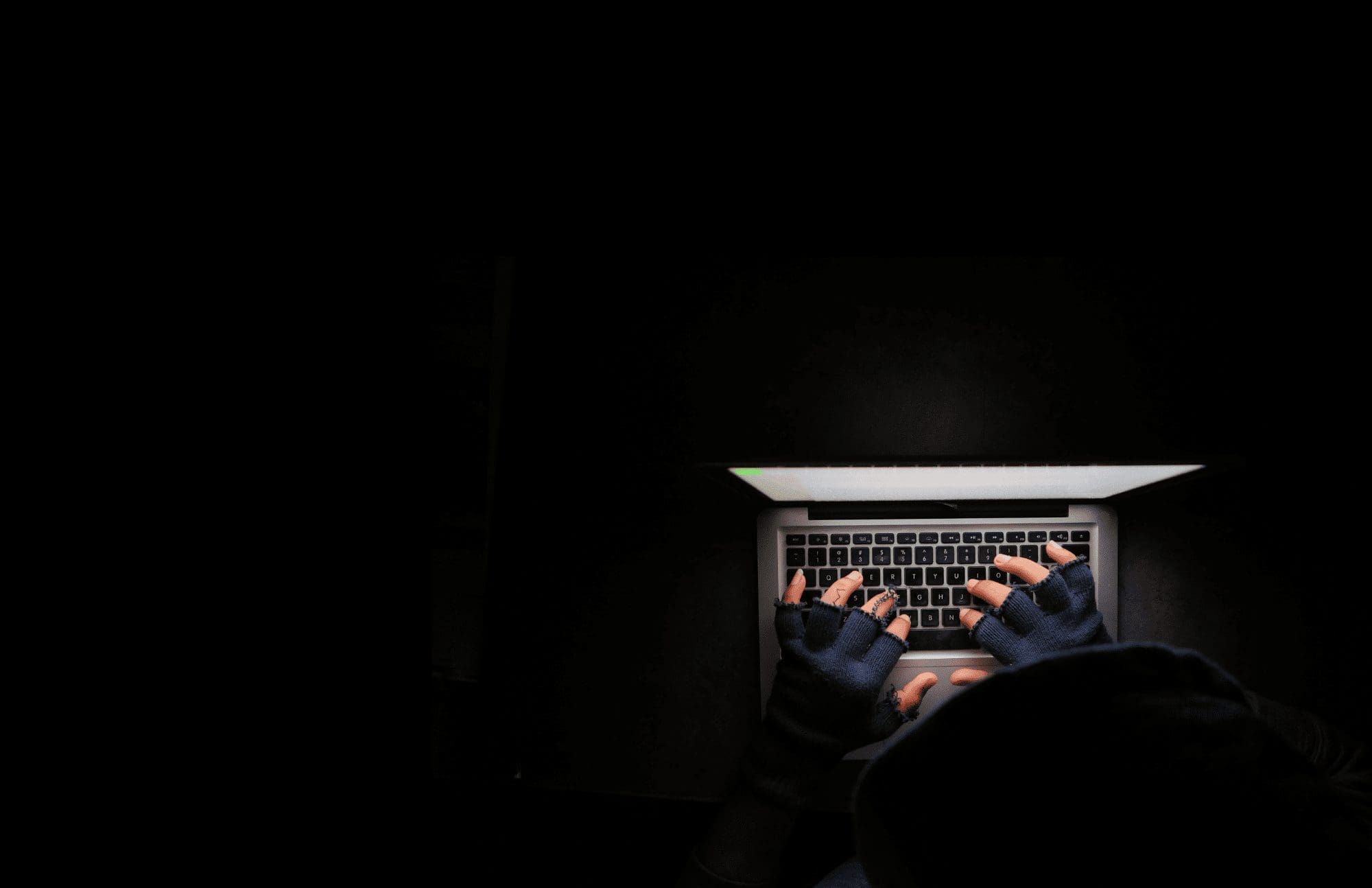
Protecting Your Digital Devices
However alarming the cyber-crime statistics we sometimes hear about in the news, the mind-boggling numbers of successful or attempted hacks can defy the limits of our imagination. We might pay closer attention when security breaches hit close to home, as occurred two billion times last year in Costa Rica (see the Q Costa Rica sidebar story). But even if there’s an impact on our everyday lives — for instance, a bank or government office being immobilized by hackers — these institutional incidents can be hard to relate to on a more personal level.
But none of this justifies our tendency to be complacent when it comes to our own computers and mobile devices functioning faithfully day in and day out. Where do the risks lie, and what anti-hacking safeguards should we be diligent about?
We reached out to a couple of different sources of advice.
IT consultant Fernando Gomez offered these helpful solutions:
- Starting with the basics, do not open any email attachment or link in the body of a message when the sender is unknown. One of the most commonly used hacking methods is to gain entry to your system by tricking you into opening a link or attachment.
- Don’t save passwords on your browser, and use different passwords for every website or app that you access. If your system is infected, all of your passwords can be accessible to a hacker. Use an encrypted application like “Keepass” to create and store secure passwords. Save your password database in a synchronized place like Dropbox, OneDrive or Google Drive.
- If possible, turn on two-factor authentication for all of your log-ins so you will receive a confirmation code on your phone to continue.
- Use a VPN, which will create a secure tunnel where you can access your bank more safely.
- Always charge your phone using a personal charger. Don’t use any USB charger in a publicly accessible location. That’s because a USB power source can have a device to get information from your phone or insert a backdoor.
These recommendations come from PC Solutions in Huacas.
- We suggest to our customers to buy a well-known anti-virus app online. We like to use Kaspersky.
- We also recommend being wise and not trusting “friendly” calls or emails, even when they look like they’re coming from official or otherwise authentic sources, such as banks, Hacienda or CCSS. Too often these are very well-fabricated scams.
- Never disclose passwords or document expiration dates to anybody, nor should you click on any link received from those “friendly” messages.
Hackers attacked Costa Rica two billion times last year
by Q Costa Rica / 28 February, 2023
In an average of more than five million vulnerability attempts per day, cyber attackers tried to compromise Costa Rican public and private computer systems at least two billion times in 2022, according to the specialized firm Fortinet.
Despite this, our country is not on the podium of this study, which ranks Mexico as the most attacked country in Latin America, followed by Brazil and Colombia.
Regionally, attempts to damage servers and endpoints totaled more than 360 billion last year.
Among the most damaging techniques used by cybercriminals, is wiper malware, a class of malware intended to erase (wipe, hence the name) the hard drive of the computer it infects, which increased by more than 50%, while cybercriminal supply chains became more complex and sophisticated to counter defenses, the report added.
“To protect against these advanced cybercrime tactics, organizations need to focus on enabling coordinated and actionable threat intelligence powered by machine learning in real time across all security devices to detect suspicious actions,” says Derek Manky, FortiGate expert.
More related articles:
Is Costa Rica Paying Enough Attention to Cybersecurity?
Costa Rica is a small country, but it has been making strides in terms of technological advancements. However, in terms of cybersecurity, the country is still lagging behind. With the rising number of cyber-attacks and data breaches, it is crucial for Costa Rica to pay more attention to cybersecurity.
One of the main challenges facing Costa Rica is the lack of awareness about cybersecurity in the private and government sectors. Many people in the country do not understand the risks associated with using the internet, and this puts them at risk of attacks. This lack of awareness extends to small and medium-sized businesses, which often do not have the resources to invest in cybersecurity measures. As a result, they become easy targets for cybercriminals. The Government has also been the recipient of these unwelcome and devastating attacks. No one is immune.
A major challenge facing Costa Rica is the lack of investment in cybersecurity infrastructure. The government has not been proactive in investing in cybersecurity, leaving the private sector to fend for itself. While the country has some cybersecurity laws in place, they are not enough to protect against ever-evolving threats.
The government needs to invest more in cybersecurity infrastructure and provide incentives for businesses to invest in cybersecurity measures. Importantly the government needs to create awareness about cybersecurity risks and invest in cybersecurity infrastructure to provide a safe and secure digital environment for everyone.
Cybersecurity is becoming increasingly important in today’s digital world. Costa Rica must pay more attention to cybersecurity and take proactive measures to protect its citizens and businesses.
Cybersecurity has become an important need, if not the most important tech initiatives. Higher education institutions are making great strides with their cybersecurity programs. It is very important to educate the nationals to take care of their country’s cybersecurity as farming it out is not a prudent option.
